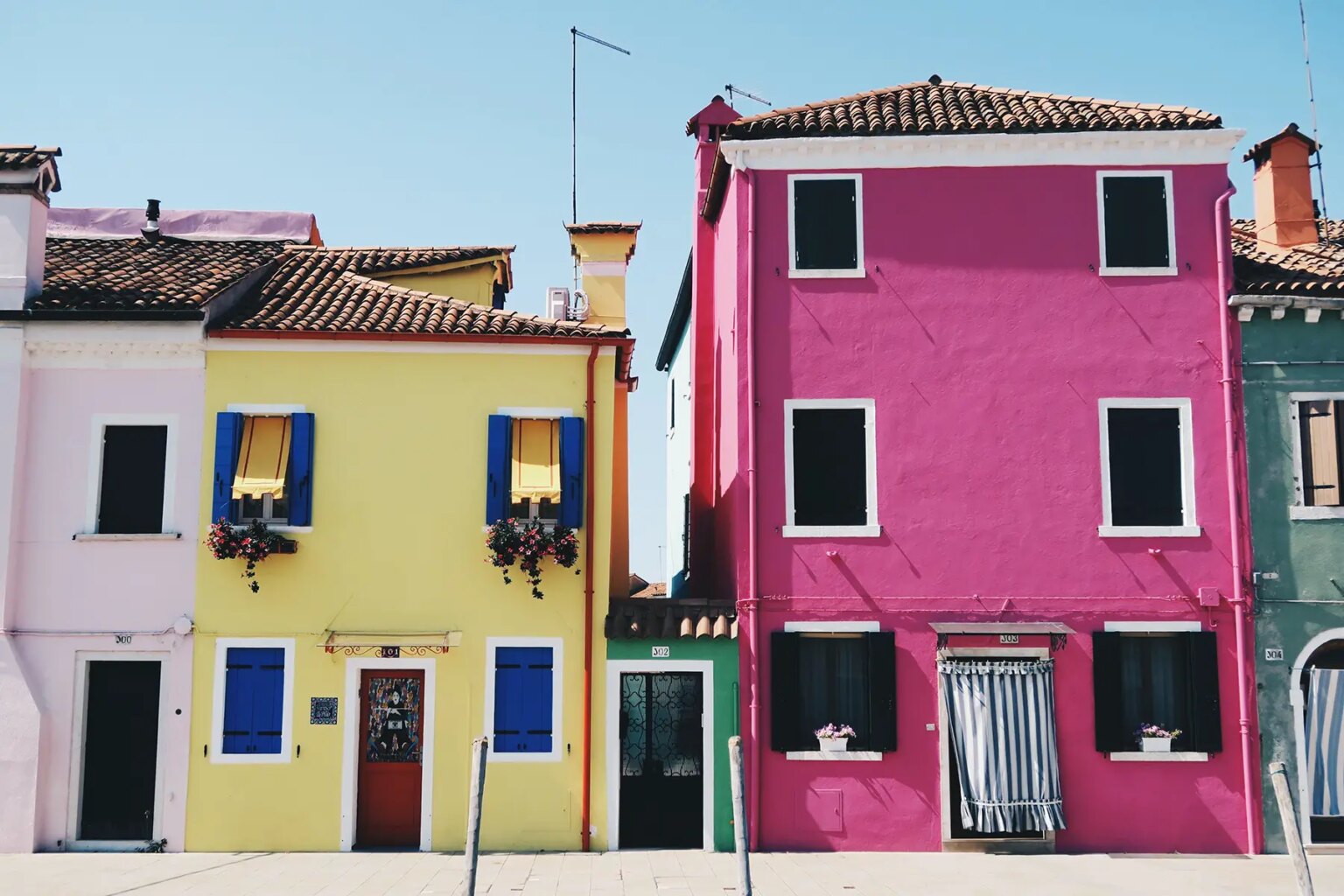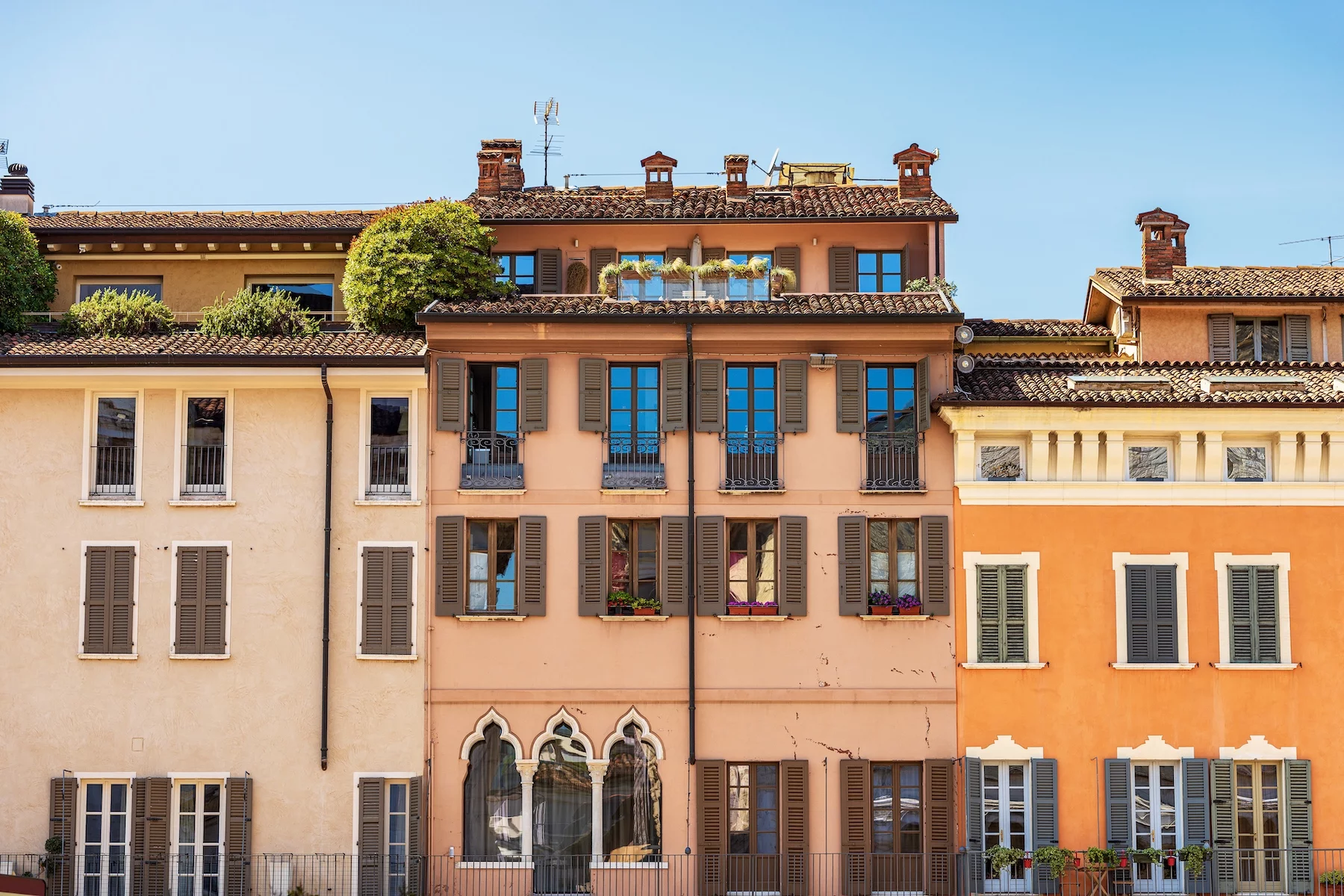Whether you own a house, rent an apartment, or have a vacation home in Italy, you might want to think about taking out a home insurance policy that suits your needs. That way, you’ll protect yourself against costs incurred by unforeseen events.
You can buy home insurance in Italy to protect your property and belongings against a range of disasters, from break-ins to burst pipes. However, with many providers on the market, you’ll need to do your research to know how property insurance works, what’s available, and how to find the best plan.
Read on to learn more about:
- Introduction to home insurance in Italy
- Italian home insurance companies
- Home contents insurance in Italy
- Italian homeowners insurance
- Liability insurance in Italy
- How to choose your Italian home insurance
- Applying for home insurance in Italy
- How to make a home insurance claim in Italy
- Canceling a contract or changing provider
- Making a complaint about an Italian home insurance company
- Vacation home insurance in Italy
- Useful resources
Moving2Italy
When relocating to Italy, get expert help from Moving2Italy on taxes, work permits, and setting up a business. They also provide personalized support for immigration, social security, and residence, helping you navigate your new life abroad. For assistance with fiscal and immigration matters, contact Moving2Italy.
Introduction to home insurance in Italy
You can buy home insurance in Italy. Although it’s not a compulsory form of insurance, most mortgage providers in Italy require homeowners to have a minimum of building insurance.
Similar to many other countries, home insurance (assicurazione casa) in Italy comes in the following types:
- Building insurance (assicurazione edificio) – also known as homeowner’s insurance, which protects your home’s structure (walls, roof, floors, etc.) from damage
- Contents insurance (assicurazione contenuto) – insurance for movable belongings such as furniture and clothes
- Liability insurance (assicurazione contro terzi) – covers the costs associated with injury to third parties or damage to their property in your home
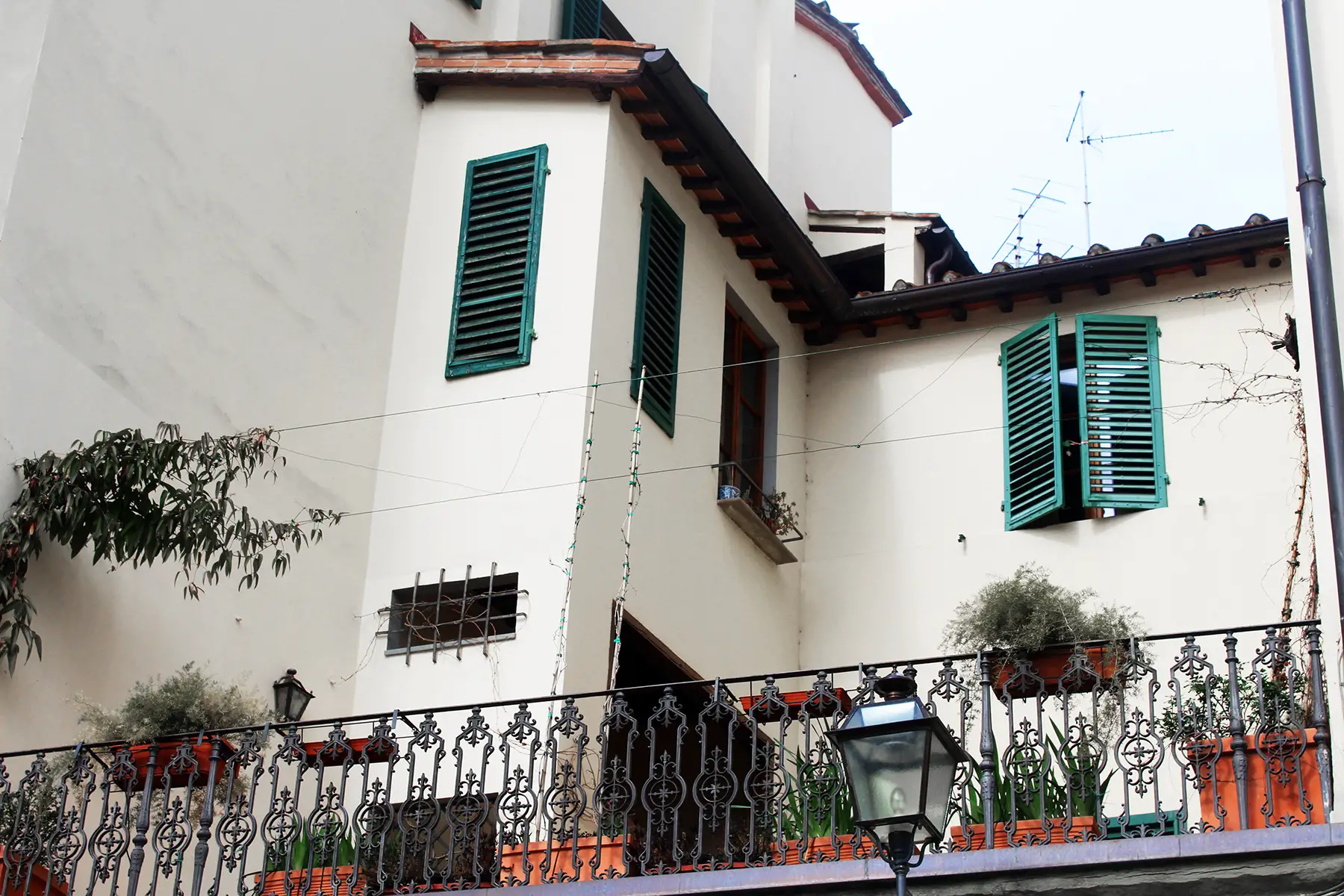
You can buy these forms of insurance individually or in a combined package, often called household insurance (assicurazione sulla casa). Many companies also offer additional types of home insurance in Italy, for example:
- Landlord’s insurance for let properties
- Insurance for second homes that may be vacant for long periods
- Condominium insurance for apartments in shared buildings
- Property insurance for businesses
Although it’s not compulsory, property insurance is the third biggest form of non-life insurance in Italy after motor insurance and health insurance, making up 16% of the market. Separate liability insurance is the fourth biggest at 9%.
As with other forms of Italian insurance, the Italian Insurance Supervisory Authority (Istituto per la Vigilanza sulle Assicurazioni – IVASS) regulates home insurance in Italy.
Can you use home insurance from another country in Italy?
As Italy belongs to the European Union (EU), insurance companies based in other EU or European Free Trade Association (EFTA – Iceland, Liechtenstein, Norway, and Switzerland) countries can trade there. Many other international insurance companies have licenses to operate in Italy. If you move to Italy and have a home insurance policy with a company registered with IVASS, you shouldn’t have too many problems transferring your policy.
However, as every home insurance policy is based on specifics relating to factors such as size, value, and location of property, you probably won’t be able to transfer under the same terms. Your insurer will normally want to recalculate your premium based on your new circumstances.
Italian home insurance companies
There are 97 insurance companies in Italy, including national and international providers. Many of these offer home insurance. Some of the top companies are:
- Allianz
- AXA
- Generali
- Genertel
- Reale Mutua
- Società Cattolica
- UnipolSai
- Zurich

However, not all companies provide English-speaking services, so you may need to shop around. You can also use expat brokerage services such as Insurance Italy, who will help you to find the most suitable policies.
Many Italian banks also sell insurance products, so it’s worth checking these, too. Make sure that any company you use is on the IVASS register. If you want to compare home insurance premiums, you can use platforms such as 6Sicuro or Cerc Assicurazioni (links in Italian).
Home contents insurance in Italy
Contents insurance (assicurazione contenuto) is not mandatory in Italy. It is often bought as a standalone policy by people renting their accommodation to protect their personal belongings or by people living in a shared space. Homeowners typically combine contents insurance with building insurance as part of an overall package. Landlords renting furnished properties may factor contents insurance costs into the rent.
This form of insurance protects all movable belongings, such as furniture, clothing, and electronic equipment against damage or loss caused by the likes of fire, flooding, burglary, natural disasters, and damage caused by pets or children. Most companies offer different plan levels, so exclusions usually depend on what level you purchase. Common exclusions are damage caused by earthquakes, trees falling in your yard, aging equipment, such as old water pipes bursting, and anything that can be seen as negligent. Deliberate damage is always excluded.
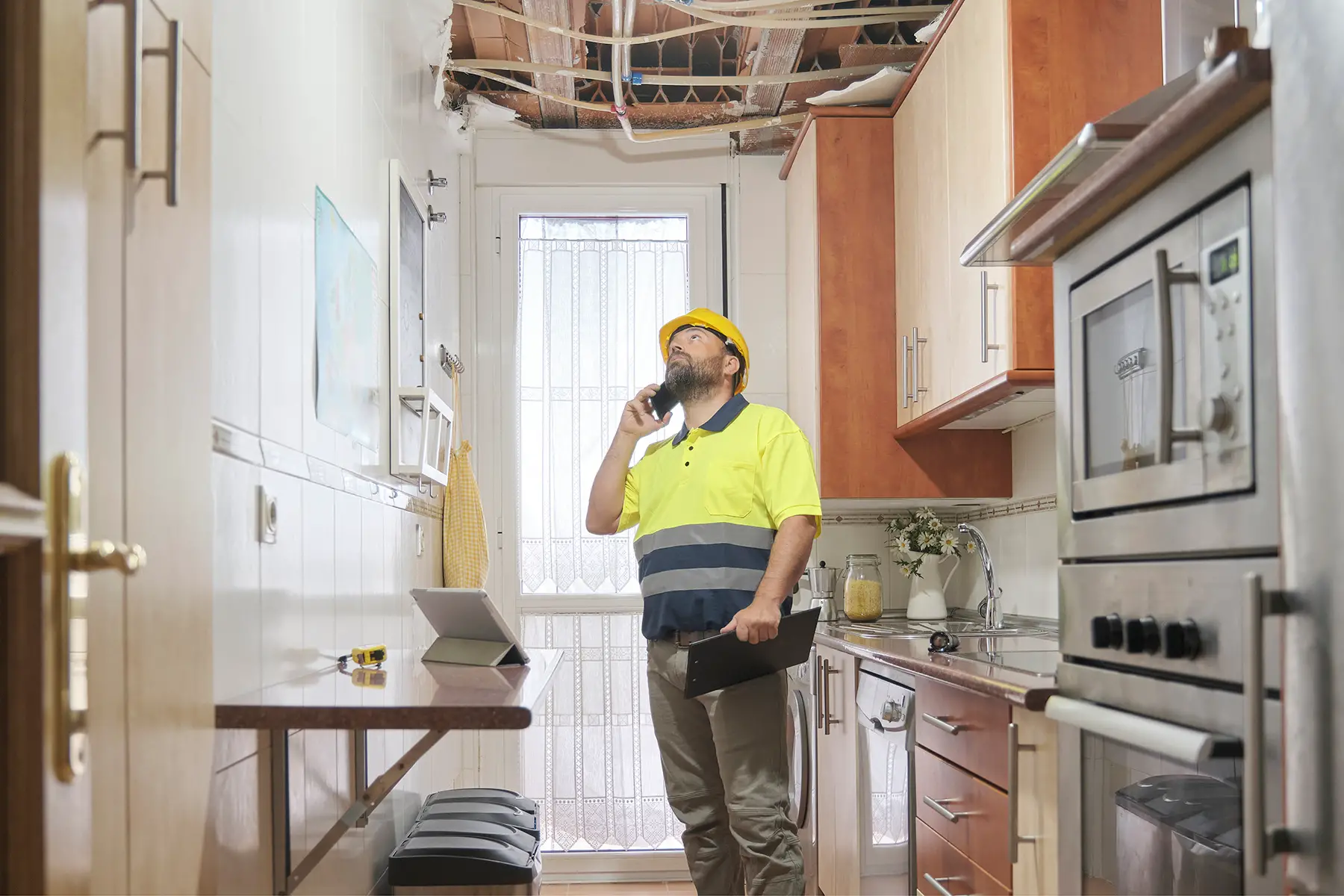
Home insurance policies often include a lot of small print, which you’ll need to read thoroughly for potential loopholes, as Italian insurers are sometimes reluctant to pay out. You will typically have to take minimum security measures to protect against burglars – for example, installing secure locks or grills. You may also invalidate your policy if you leave the property unattended for long periods. High-value items and antiques may not be covered unless stored in a locked safe. Items left in the yard or in unsecured sheds are also often excluded.
Contents insurance policies typically pay out for the replacement value of insured goods. Most policies have claims limits – for example, a maximum of €150,000.
Costs of home contents insurance in Italy
The cost of your contents insurance in Italy depends largely on the value of the contents you insure and the policy level you take out. Other factors taken into account include:
- Your location and neighborhood
- Type and age of your property
- Security measures installed on the property
- Your insurance profile, such as your age, lifestyle, and claims history
Most companies charge a deductible, which is the amount you have to pay towards a claim before the policy starts paying out (for example, €200 per year). You can often lower your monthly/annual premiums by agreeing to pay a higher deductible.
Because of all the variables, contents insurance in Italy can be anything between €25 and upwards of €500 a year. You can check likely fees using this quote calculator (in Italian).
Italian homeowners insurance
Homeowners insurance is typically called building insurance (assicurazione edificio) in Italy, although many companies sell it together with contents and liability insurance to create a complete household package. This insurance is not compulsory by law when you buy property, but if you take out a mortgage in Italy, you will usually have to have building insurance as a minimum.
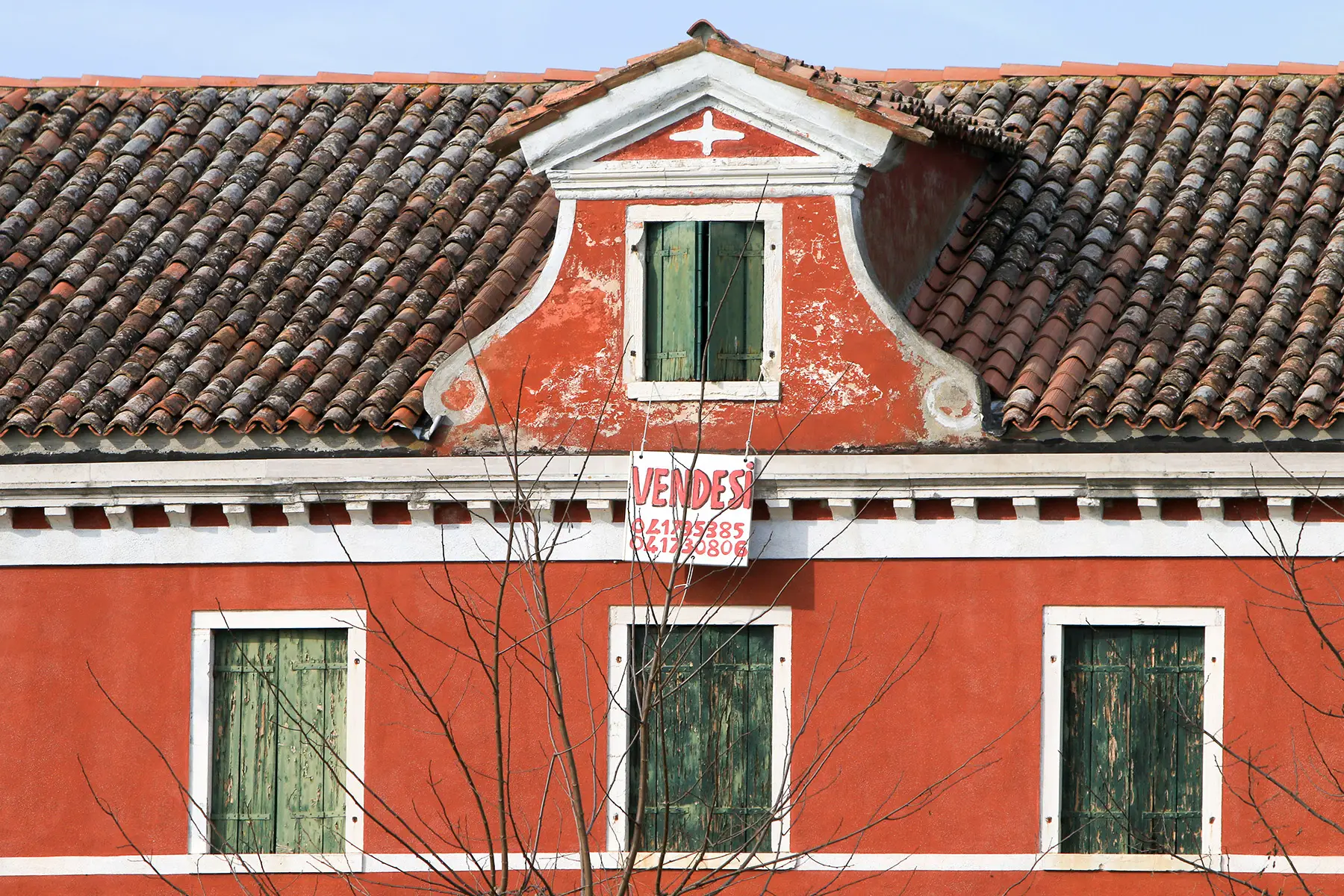
Homeowners insurance generally protects against the same risks as contents insurance, such as damage caused by fire, flooding, and burglaries. The protection is typically for the fixed building structure (e.g., walls, floors, ceilings, roof, windows, attached garages). Common exclusions are detached parts of your property, such as sheds, greenhouses, and swimming pools. You can usually add these on or cover them separately. If you live in accommodation with communal facilities, policies usually won’t cover these. You can, however, buy condominium insurance that is more suited to these property types.
Common exclusions are building defects or damage due to construction work, damage if the building is left unoccupied for long periods (you can get second home coverage if this is the case), and damage due to negligence. As with contents insurance, most insurers offer different plan levels. Fully comprehensive policies may include extras such as legal expenses insurance and alternative accommodation costs if your home is uninhabitable for a period.
Homeowners insurance should cover the costs of rebuilding the property. Most policies have claim limits which vary according to the plan level. If you’re looking at a combined policy for building insurance, it’s a good idea to get both the property and your belongings valued before deciding.
Costs of homeowners insurance in Italy
The cost of building insurance in Italy depends on the property’s value, which is usually determined by factors such as its age, size, location, structure, and type. You also need to factor in your own insurance profile (e.g., age, lifestyle, claims history) and other risk factors that may play a part. For example, if you use flammable materials such as bottled gas or have extensive electrical equipment on the property.
As with contents insurance, you also need to account for your plan level and whether you can increase your deductible. Basic building insurance policies can be as cheap as €100 a year for smaller properties, but expect to pay on average between €120–250, or €180–400 for a combined household policy. You can estimate costs with this quote calculator (in Italian).
Liability insurance in Italy
Liability insurance protects you against claims made by third parties if you cause them injury or damage their property. Insurance companies in Italy usually sell this as a standalone policy for individuals or as part of a wider package. It is included within most homeowners or household insurance packages. If you rent a property in Italy, you will usually have two options. You can take out liability coverage to protect against damage to the landlord’s properly, or this will be included in your rent.
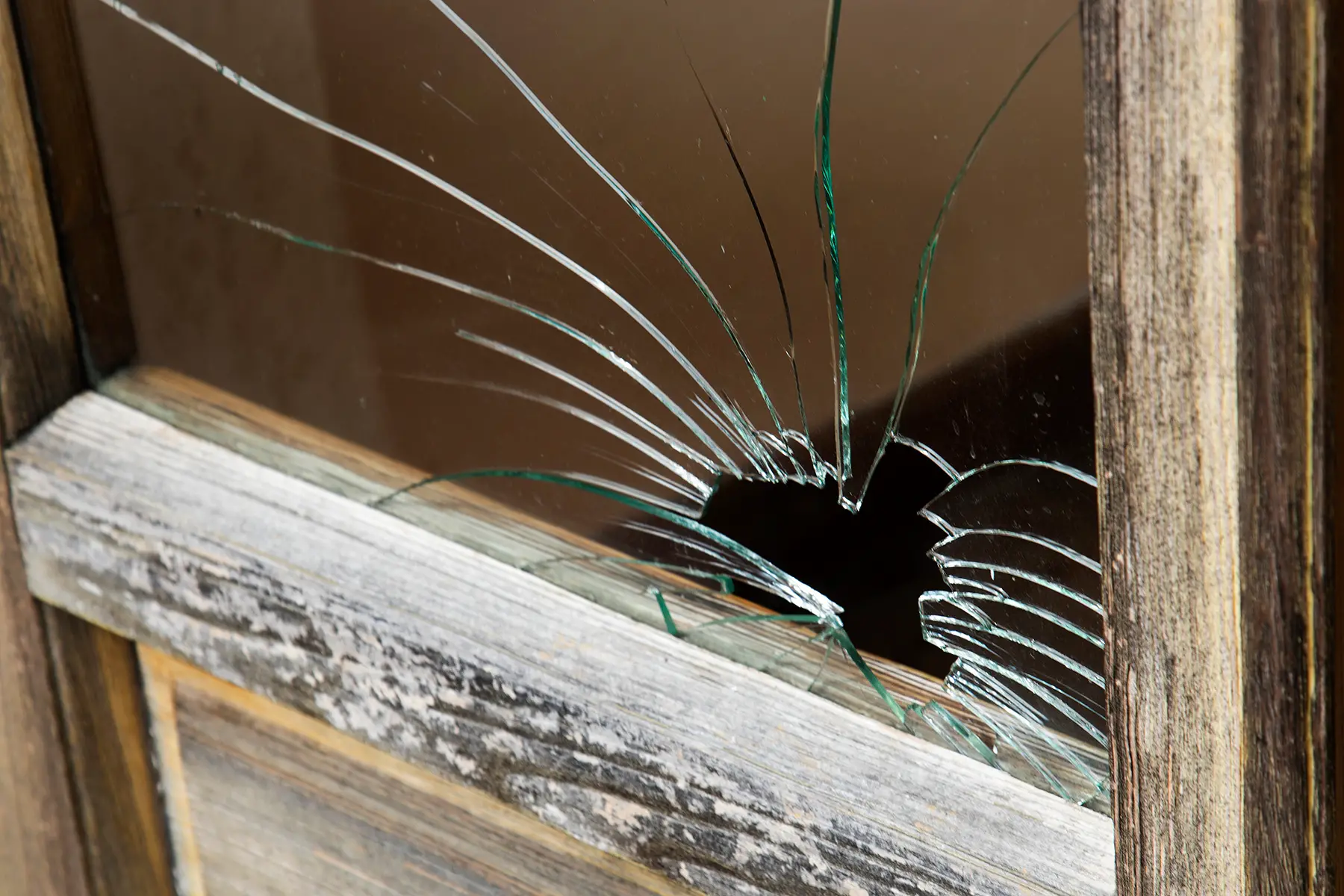
Liability policies in Italy have claims limits which can usually be increased if you pay a higher premium. Most insurers will allow you to insure up to a level of €1–2 million. As with other forms of insurance, you risk invalidating your policy if you are overly negligent, and you won’t be able to claim on any deliberate damage.
Bear in mind that if you hold any events at your home that are open to the public or cater for a large number of people, you will need public liability rather than personal liability coverage. This is the liability insurance typically needed by businesses in Italy.
How to choose your Italian home insurance
It makes sense to shop around when choosing home insurance in Italy, as there are many providers offering different products. Simply opting for the cheapest coverage on the market may mean that you don’t get the product that’s right for you. Things you may want to consider are:
- Options for combining insurance types – for instance, does it make more sense for you to get building, contents, and liability coverage or do you need something more specific? Can you add on individual items if you don’t want to go for a full package?
- What discounts are offered if you improve your home security or pay a higher deductible?
- Company feedback – check customer reviews, feedback scores, and ratings in industry magazines and websites.
- How easy is the claims process? Can you do everything online, and how long are you likely to wait for compensation?
- Cancelation policy – how easy is it to cancel and switch to another provider if you find a deal elsewhere?
- Incentives for signing up – has the company partnered up with other brands to offer discounts elsewhere, or do you get a voucher if recommended by an existing customer?
- Ethical performance – how does the company fare on ethics and sustainability ratings on sites such as CSRHub, Standard Ethics, and Corporate Knights?
Applying for home insurance in Italy
You can apply for home insurance in Italy online with many providers. Alternatively, you can apply over the phone or visit a nearby branch. The first step is typically filling out the quote form, where you provide details about yourself, your property/belongings and choose the coverage plan you want. You will normally need to provide the following:
- Personal details – name, age, address, and tax number
- Property details – size in square meters, age, type, value
- Details of any contents you want to insure, including their value
The insurer will usually want to find out more about risk factors relating to you (lifestyle, claims history, etc.) and your home (e.g., security systems fitted) before giving a final quote. Once you’re happy to accept, you’ll need to provide bank details for payment.
Most insurers charge their premiums monthly. Once you have made your first payment, your policy is activated. You will then receive your insurance policy or certificate, plus an information pack about claims and cancelation procedures. This will usually arrive either by email within 24 hours or by mail within a few days.
How to make a home insurance claim in Italy
Each insurance company has its own claims procedure, which it should clearly inform you of when you take out your policy. Some insurers allow you to make claims online, while others may ask you to call a claims phone line. You will typically need to provide either your policy number or tax number along with details of your claim, extent of damage/loss, plus any evidence you have, such as photos or a police statement (in the case of burglary).
You should make your claim as soon as possible. Most companies ask you to file a claim within five days or within 24 hours in the case of theft/burglary. However, this isn’t always possible – for example, if something happens while you are away on vacation. Legally, the deadline for insurance claims in Italy is two years. However, your claim will be affected if you are found to have delayed filing it for any reason.
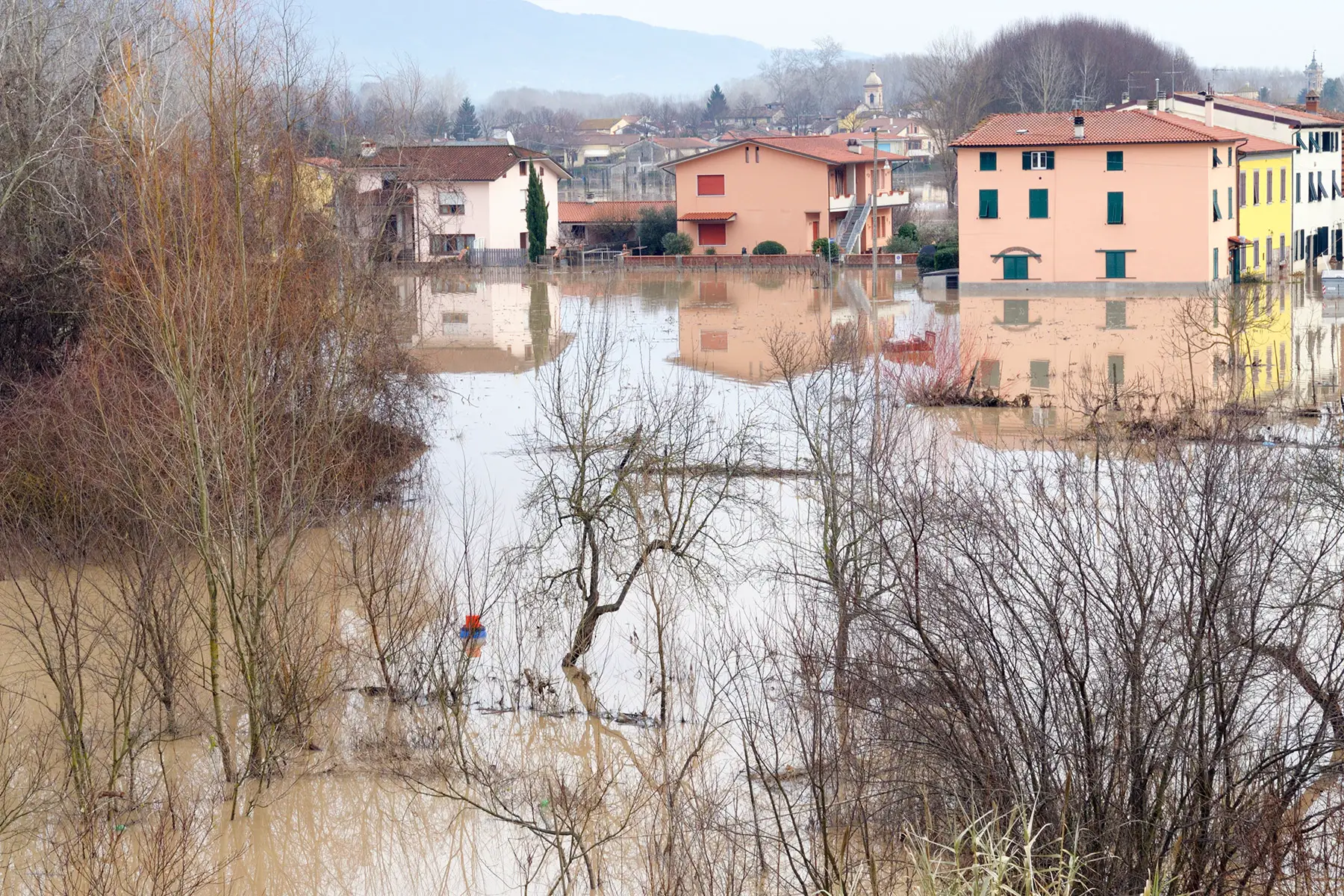
Before claiming, check that you haven’t invalidated your policy in any way, such as leaving doors unlocked, windows open, or being away from the property for longer than your policy permits. Italian insurers are known for high levels of scrutiny when dealing with claims, so expect to be asked a few questions.
Most claims are assessed within 2–3 weeks, although it may take longer in some cases. Your insurer should complete the assessment of your claim within 60 days. Don’t forget to also report burglaries to the police. You will need the police statement as evidence when submitting your insurance claim.
Canceling a contract or changing provider
Insurance contracts in Italy typically run for 12 months, after which time you need to renew the policy. Failure to do this may mean that your home and belongings are no longer protected, so don’t assume that renewal is automatic. You can cancel your contract or switch providers at any time. However, you may have to pay a penalty fee or be charged for the contract duration if you cancel early without a valid reason. You are allowed to cancel early if:
- The premium price increases
- There are changes to terms and conditions
- You sell your home or move elsewhere
- You are dissatisfied with the outcome of an insurance claim
- Certain other circumstances occur beyond your control
Make sure you give advance notice of cancelation in writing, either by email or letter. Some companies have online cancelation forms you can use. Typically, you’ll need to give at least one month’s notice. Your insurer can cancel the contract at any time if you break the terms and conditions. They will inform you of this decision.
When you first take out a policy, you get an initial 14-day cooling off period where you can cancel at any time without being penalized.
If you switch to another provider, many offer services where they will help with canceling your old contract for you, such as providing template contract termination letters.
Making a complaint about an Italian home insurance company
If you wish to complain about an insurance provider in Italy, the first thing you should do is contact the complaints team within the insurance company itself. The company has 45 days to reply to you. If you don’t get a reply or aren’t satisfied with the response, you can take the complaint to IVASS. This is the national body that regulates insurance in Italy.
IVASS normally assesses complaints within 90 days of receipt and has the power to sanction companies if they breach guidelines. However, if no breach is found, your final option is to pursue the matter through the Italian courts. This can be costly, as you will have to take care of all legal expenses.
IVASS is currently setting up an insurance ombudsman (Arbitro Assicurativo) as an alternative form of out-of-court insurance dispute resolution. The ombudsman scheme is due to launch in 2023 (link in Italian).
Vacation home insurance in Italy
With its warm climate, rich cultural history, and fine cuisine, Italy is a very popular location for vacation homes and second homes. Whether it’s a coastal villa or a pretty rural cottage, any property that you don’t live in won’t be covered by a standard home insurance policy in Italy. However, you can take out a special policy to cover risks.
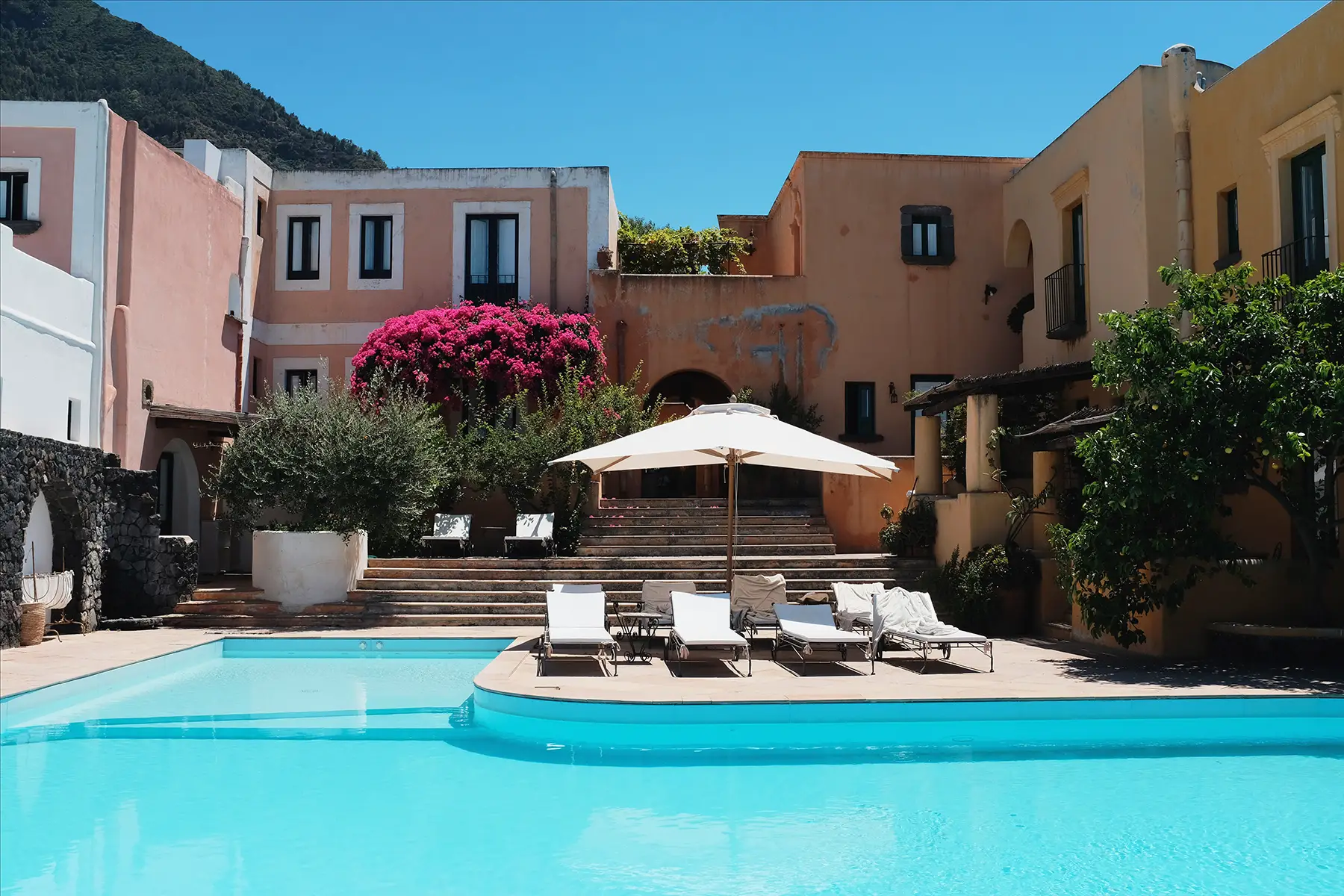
Many of the big Italian insurance firms offer tailored coverage for second homes, vacation homes, and properties-to-let. There are also insurers that specialize in holiday home insurance aimed at expat clients, such as Intasure in the UK. In addition to building, contents, and liability coverage, vacation home insurance can also cover risks such as:
- Loss of rental income
- Emergency travel cover if you have to visit your property urgently
- Unoccupancy cover if the property is vacant for long periods
If you rent a vacation home in Italy, the building and contents will typically be insured by the property owner and factored into rental costs. However, your own personal belongings won’t be included. You will need either an extended contents insurance plan that includes overseas travel or a good travel insurance policy.
Useful resources
- Italian Insurance Supervisory Authority (Istituto per la Vigilanza sulle Assicurazioni – IVASS) – supervisory and regulatory body for the Italian insurance industry
